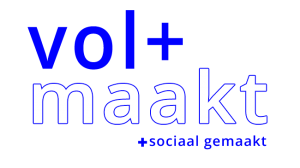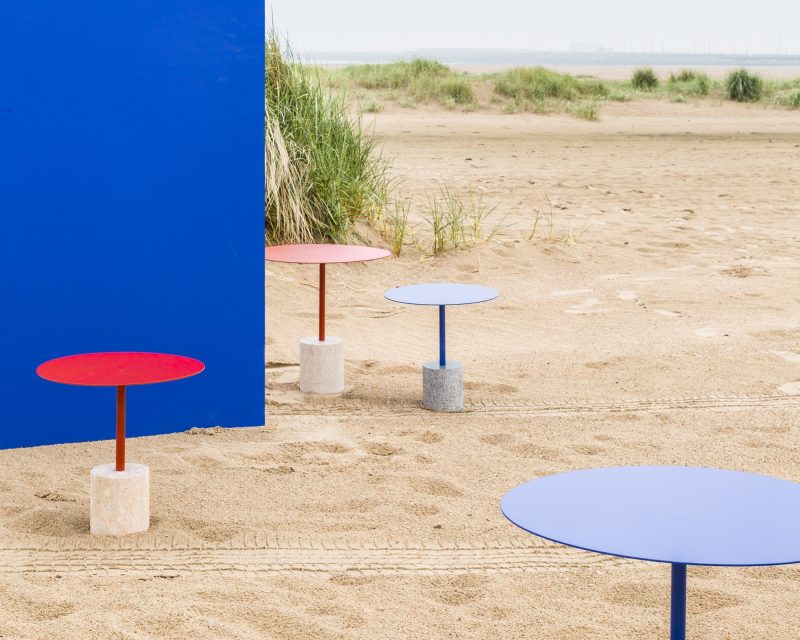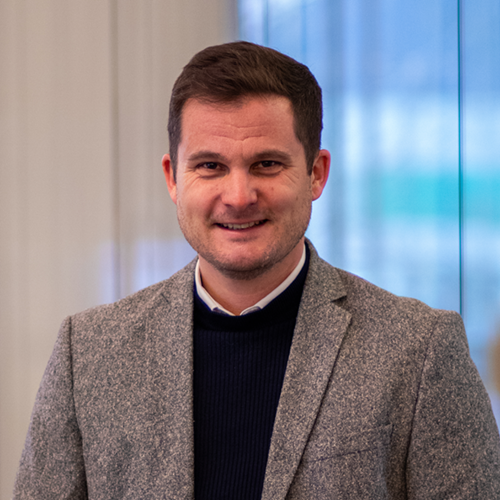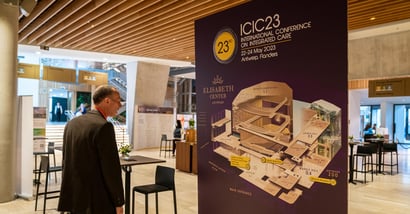The City of Ghent and Ministry of Makers understood this and with the support of the Flemish government and the Province of East Flanders, a number of Ghent-based tailor-made companies and designers joined forces to develop their own collection of design objects. These are products for which materials are used sparingly, e.g. by working with marble residual from industrial plants or using a carved piece of wood in another product. Furthermore, the products satisfy the quality test compared to other design products, while at the same time drawing attention to the craftsmanship of tailor-made companies. In order to turn this innovative and social business model into a sustainable economic model, the expertise of Möbius was called in to help vol+maakt.
We supported the partnership in developing their business plan for the successful development and marketing of the project. In a number of work sessions we outlined this plan including variable costs, overheads and revenues. By means of quantitative cost allocations, we provided insight into the pricing and margin of the products. We also took care of the projection of the revenues in a number of scenarios in order to clarify when this ambitious project would be profitable. Finally, together with the makers, we came up with the necessary selling-points to start a pilot project and collection. This testing, evaluation and adjustment is therefore a crucial element in a sustainable transition.
The elaborated sustainable business model enables the partnership between the City of Ghent and the Ministry of Makers to continue working independently after completion of the project. This with its own brand - vol+maakt - that will also be launched in other cities together with a dynamic design collection to which new designs can regularly be added with designers and made-to-measure companies from those new cities.













